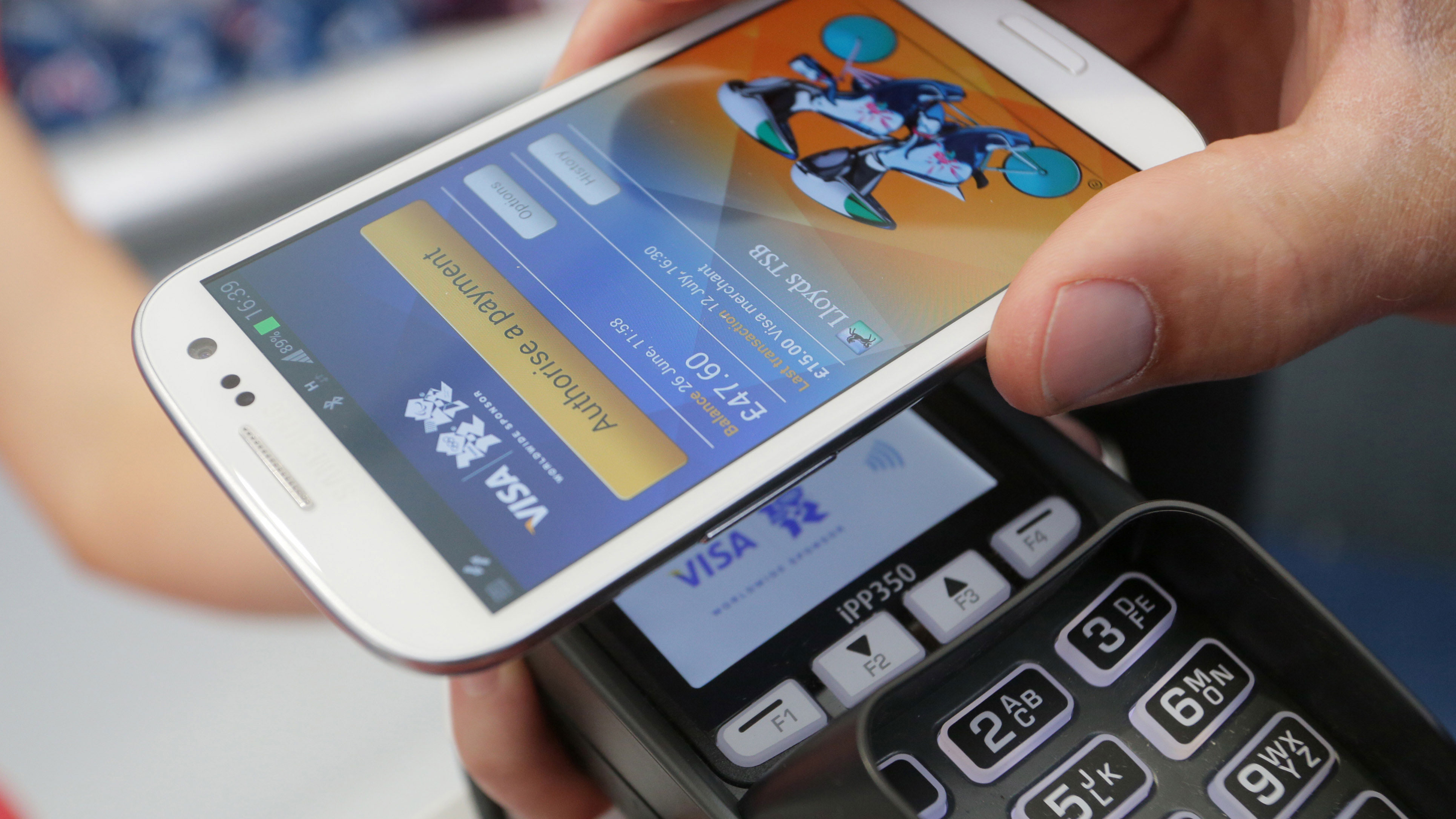Why you'll soon be ditching your leather wallet in favour of a digital one
Payment methods are changing

Consumer appetite for mobile and digital shopping is at an all-time high, and this provides retailers with a great opportunity, but at the same time puts them under greater pressure to keep up to speed with payment methods which are increasingly quicker, safer and more convenient.
The way consumers are choosing to shop and pay has changed dramatically. Digital wallets such as V.me by Visa are designed to respond to this change. The term 'digital wallet' refers to a card vault that can house the details of credit, debit and prepaid cards.
The consumer can then select which card they want to use for making a payment in an e-commerce transaction. In many cases this online wallet can be accessed via a mobile device or tablet which is crucial for consumers' purchase preference.
- Check out everything businesses need to know about Apple Pay on our sister website, ITProPortal.com
Wallets going digital
V.me by Visa requires consumers to enter their personal details and account information initially, and then using a single username and password they are able to simply log on to complete a transaction, in the knowledge that their card details are stored completely securely.
The service also supports multiple debit or credit cards (Visa, Mastercard) and can be accessed through a browser on a PC, laptop, tablet or smartphone.
Additionally, digital wallets can be used to authenticate their holder, since the service uses Verified by Visa and the consumers' bank accounts hold customer-related data such as age and address.
With the digital wallet space currently a hotly contested sector of retail technology – more so now that Apple Pay is poised to enter the space, at least over in the US this month – it can be difficult for retailers to decide which option they should consider. Some retailers remain cautious when it comes to embracing new methods of transacting with customers in the digital space.
Sign up to the TechRadar Pro newsletter to get all the top news, opinion, features and guidance your business needs to succeed!
However, many retailers are discovering that it is not just the consumer that will reap the benefits from digital wallets. With V.me by Visa for example, customers who might have been concerned about using their card on an unfamiliar website now have the comfort of knowing that their card details are stored securely and will be shielded from the retailer, and are therefore more inclined to make a purchase.
Inevitable rise
In addition to changing consumer behaviour, increasingly retailers are expecting their staff to carry mobile devices in store, such as tablets, on which consumers can make purchases by logging into their digital wallets, evolving the way customers shop.
As with all new technology, an adoption life cycle occurs. The digital wallet market is still fairly young and there is a lot of development activity going on. Currently, digital wallets are mainly used by early adopters, but given increasingly mobile lifestyles, it is inevitable that the way we pay will become more and more digital.
Consumers will always opt for the minimal click check out process – ensuring that they have the best journey or experience and using something that they can trust, will be vital to success.
For decades, the leather wallet has been a loyal companion. It stores the personal items we need to go about our lives: cash, ID card, driver's license, credit and debit cards. We carry our wallet with us and protect it so it neither gets lost nor stolen.
But we also do the same with our mobile devices, so we end up carrying both around. Technology will soon be ready to make us start thinking about leaving the leather wallet at home and switching to the digital version altogether.
- Mark Giffin is Head of Go To Market V.me by Visa at Visa Europe.